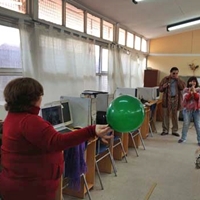
4th GTTP in Chile
The fourth GTTP workshop in Chile was held from 12 to 15 July at the Escuela F-96 Libertadores de Chile.

The fourth GTTP workshop in Chile was held from 12 to 15 July at the Escuela F-96 Libertadores de Chile.
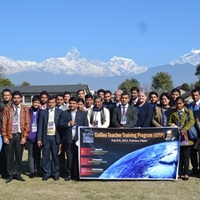
GTTP Nepal 2013 workshop concluded successfully in Pokhara, Nepal with the participation of forty-three teachers and science communicators from different parts of Nepal.
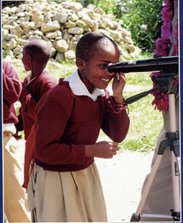

Birika!!! That’s the Swahili word used by teachers, students, and community members to name the tea pot asterism in Sagittarius. With dark skies (magnitude 7 on the Great World Wide Star Count chart) it was great fun finding deep sky objects during a month-long teaching experience in northern Tanzania.
In October Chuck Ruehle returned to Africa for a second year of teaching astronomy, optics, and light. He shared his love of astronomy and left almost 250 pounds of equipment and resources with five secondary and two elementary schools on Mt. Meru (4,566 meters). Each of the seven schools received either a 50mm Galileoscope or a 70mm Vixen Space Eye telescope, a tripod, three or four modern eyepieces, and other astronomy related materials. Traveling most of the time by Land Rover, he often lived off the grid between fifteen hundred and three thousand meters while staying in the villages of Kikatiti, Kitefu, Ngarenanyuki, Songoro, and Mulala.
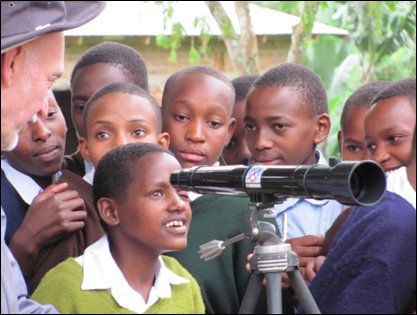

From mid June to early July Chuck Ruehle, a Racine Astronomical Society member, traveled from Wisconsin to Northern Tanzania in East Africa.
One of his activities included sharing telescopes and his love of astronomy with secondary students and village communities on Mt. Meru. Traveling and living between six and ten thousand feet the eight member mission delegation stayed in the villages of Mulala, Kilinga, and Kyuta. From their location on the side of Mt. Meru (4,566 meters) the delegation enjoyed viewing the dark skies, especially objects like the Jewell Box in the Southern Cross. They also arranged for stops at Ngarenanyuki, and Songoro secondary schools.
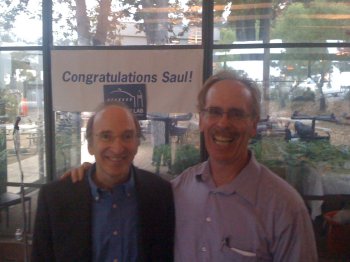
This Year’s Physics Nobel Prize in the Genesis of Hands-On-Universe.

Saul Perlmutter, Brian P. Schmidt and Adam G. Riess won the award for their contribution to the discovery of Dark Energy, one of the most important turning points on our understanding of our Universe. Carl Pennypacker, president of the Global Hands-on Universe Association was a co-founder of the Supernova Cosmology Project (SCP), the project that led Perlmutter and his team to the discovery of Dark Energy. In the early days of the project Carl and some colleagues introduced the idea to schools and had actually students discovering supernovas in the classroom.
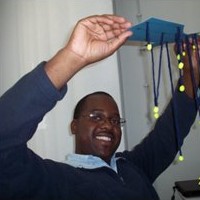
The Galileo Teacher Training Programme (GTTP) team in Portugal, still in the scope of IYA2009 national plan of activities and with the support of Fundação Calouste Gulbenkian, has promoted the first GTTP training session for Portuguese speaking African countries (PALOP is the acronym in Portuguese). The session had 6 participants from: Angola, Cape Verde, Mozambique and São Tomé and Prince. The Portuguese team was composed by astrophysicists and Galileo Teachers (GT). During one week the group had the opportunity to be exposed to several different types of tools and resources starting from the very simple ones, with very simple material ending with a robotic telescope observing session.